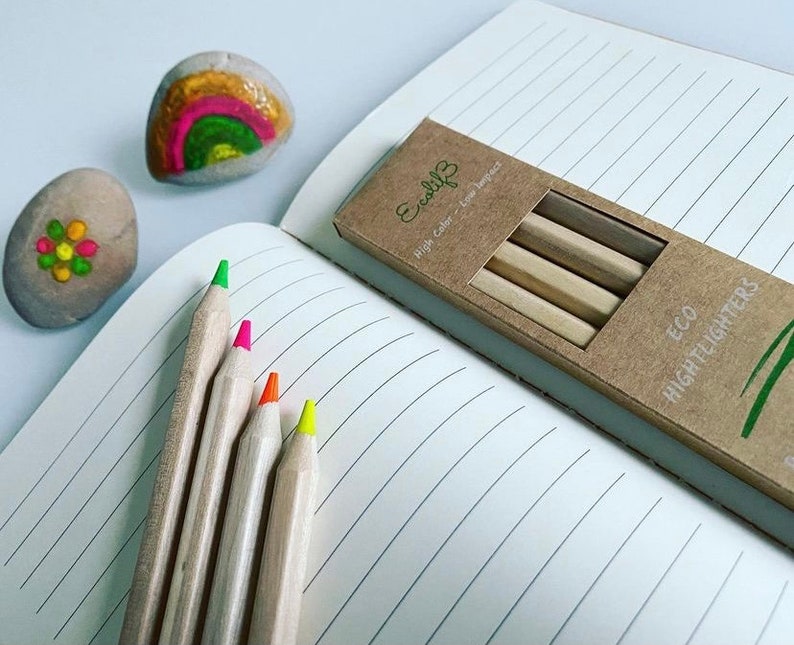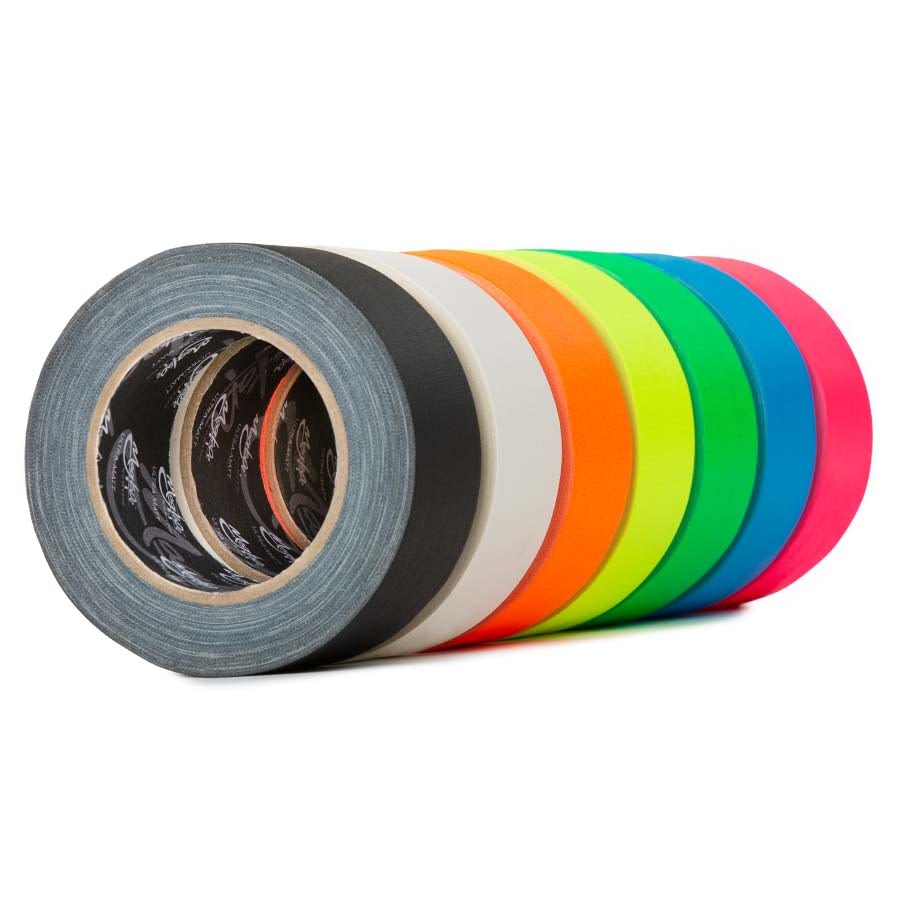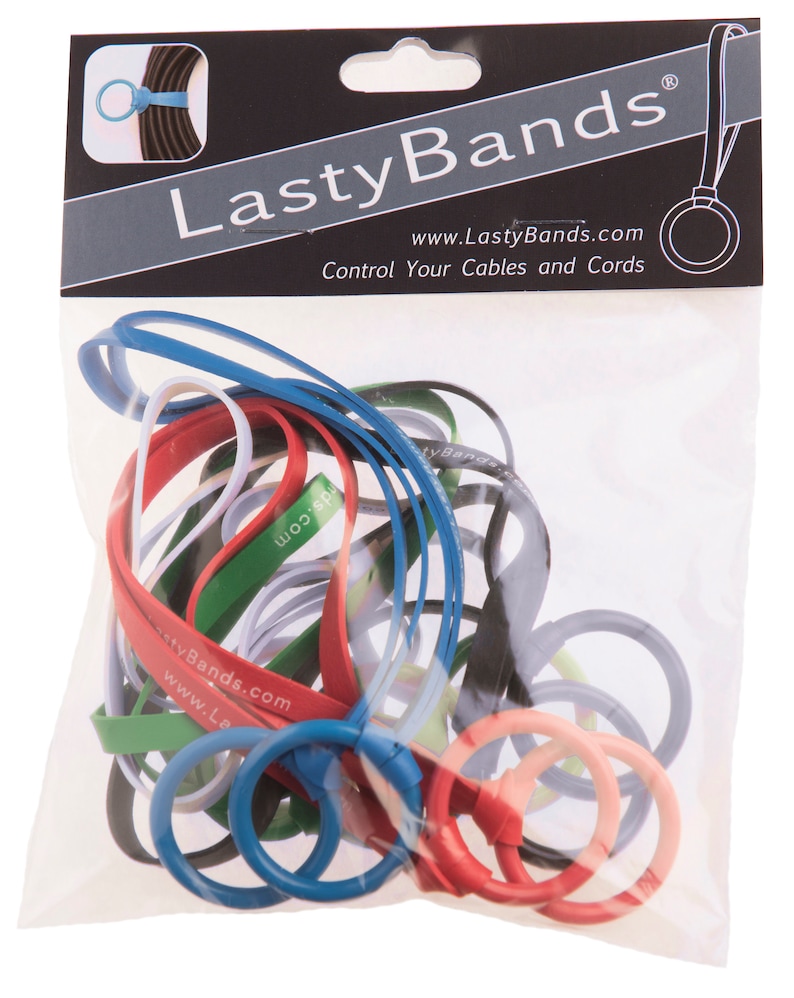Since we’ve taken possession of The Bridge, we’ve had a lot of people reach out to ask about rentals, free access to the space, and overall support. As a registered charity, there are rules we have to follow – those dictated by the CRA, the Not-For-Profit Corporations Act, and our own Bylaws, plus ones for specific things like SOPs governed by the AGCO. So I thought I’d put together a little breakdown of some of the most frequently asked questions, to give you an idea of why we do (or don’t do) what we do.
- We’re a small arts group/charity/collective with no budget – can you let us use your space for free?
The short answer is, no. The Bridge is leased by Bygone Theatre, which is a registered charity. Legally, we have to do what is in the best interests of the charity, which includes prioritizing putting money into the charity, not into other groups, even if they seem like something worthy of getting support. We have certain purposes, which includes community support, which is how we operate our $10/hr community rates, but when it comes to something that is meant to make money for another group, that’s not something we can reasonably justify. We do have community rates that are about 50-70% lower than what we offer commercial/private renters, and those that fit into our purposes may be eligible for those.
As well, we have a lot of expenses. Rent is about $14,000/m. We have no operating funding. We are volunteer run. We do our best to provide things as cheap as possible, but it is not sustainable to offer free space to people, as much as we may want to. We are actively trying to get funding to subsidize things further, and if we’re successful, that benefit will definitely be passed along to our artist community. - I want to rent your space for an event but your rates are too high – can I get a discount so I have a chance to earn some money?
No. As with above, we can’t exist to make money for other people. Charities exist to provide a “social benefit”, which is why they don’t pay taxes. We are prohibited from passing along that benefit to anything that is not a part of our purposes and/or not a grantee organization. This is not a definition that we just get to make up either, our purposes, mandate, values – all of that is on file with the government. Our purposes are:
1. The advancement of the public’s appreciation of the arts by developing, producing and/or presenting live or recorded theatre productions for the public;
2. The advancement of education by providing to the public: blogs, workshops, webinars, and information sessions about or related to theatre practice and sustainability; hands-on training programs; knowledge-building exercises; and by fostering community building and engagement.
We want artists to be able to earn money, which is why we provide affordable rental rates so that they can budget to make money off their work. We also prioritize paying artists in our own projects, as can be seen in last year’s Annual Report. But we don’t and can’t exist to help outside organizations make money, especially ones that aren’t theatre companies. - I want to host an event at your space. We won’t pay you, but we’ll advertise your space and get you lots of exposure. Can we do that?
No. Without getting into a rant about the value of “exposure” I’ll just stick to the simple answer with this one. The Bridge is a “related business”. By law, it must operate to support Bygone Theatre and it must be subordinate. We cannot advertise it as though it were a for-profit company. We cannot put more resources/time/money into it than we do our theatre company. We also have to balance how we spend things for Bygone. So even if the offer were to advertise for Bygone specifically, we need to do a couple things: first, we can’t suddenly spend more on advertising than we’re spending on say, our artists. And “spend” here is referring to in-kind spending – it doesn’t matter that no cash is leaving our hands, if we are offering our space for free, we are either providing a benefit (which we legally can’t do), or are trying to claim it is a marketing expense, in which case it needs to be reasonable when compared to our other expenses. Also, for it to be a marketing expense, it would have to be an event ONLY for marketing us. Someone else can’t be making money off it, otherwise they are receiving a “benefit” that we legally can’t give. - I want to use your space as a fundraiser but don’t qualify for an SOP. Can you get one and we split the bar profits?
No. The Alcohol and Gaming Commission of Ontario regulates alcohol sales in Ontario, and they are very clear about who can sell alcohol when, and under what circumstances. The average person is not allowed to just get a permit to sell alcohol for profit. Special Occassion Permits (SOPs) exist for both private and public events: if you’re selling alcohol, you likely need a public event SOP, and those are only permitted for industry events, tailgate events, or charity events. As a charity, we can get SOPs for our events. Legally, we need to be fully “in control” of those SOPs, which means we need to source the alcohol, oversee the sales and keep the profits. We do allow other non-profits and charities to run bars here if they can qualify for an SOP, but if you don’t fall into that category, the only way to sell alcohol is through us, and to our benefit. - Isn’t all of this just “your opinion”? What’s the worst that could happen if you break the rules?
It’s not, actually. The rules are very clear, no matter what rules you’re looking at, and the two main people who run Bygone Theatre include a lawyer with an MBA (Conor Fitzgerald), and a trained paralegal with a decade of non-profit experience (Emily Dix). There’s no pretending we don’t know what we can and can’t do. If we break the rules, there’s a lot of negative consequences we could face, ranging from no longer being eligible for SOPs, to fines, to losing our charitable license or even fraud charges. Those consequences could ruin our company, and could even risk disbarment for Conor. I’m explaining all this here as I’ve been surprised by how little knowledge of charitable law some people in our community have, despite frequently interacting with charities. But taking a look at some theatre’s sites, I realize they never really break any of this down to explain their reasoning. Hopefully this will be a bit of a simple overview to help you understand both why we do what we do, but also why any charity has restrictions to the way they can operate.
-E.

































